
Daniel Affsprung
Dan Affsprung is a Ph.D. student in the History and Philosophy of Science program at Arizona State University. His research examines the history of the social sciences to contextualize the contemporary regulatory conversation on smart technologies such as artificial intelligence. Dan’s work aims to understand how scientific descriptions and technically supported norms of individual decision-making contribute to imaginations of liberal democratic social order. He holds degrees in English Literature and Cultural Studies from the State University of New York at New Paltz and Dartmouth College, respectively.
Shazia Ali
Shazia Ali is a Ph.D. student in the School of History and Technology at the Georgia Institute of Technology. She holds a Master’s in Sociology from the University of Missouri-Columbia, with a minor in Gender Studies. She is broadly interested in Race, Gender, Ethnicity, and Technology with a specific emphasis on technologies of violence. Her Ph.D. research examines technologies of violence, e.g. check post and surveillance, and identity (re)construction among the victims of violence in Pakistan.

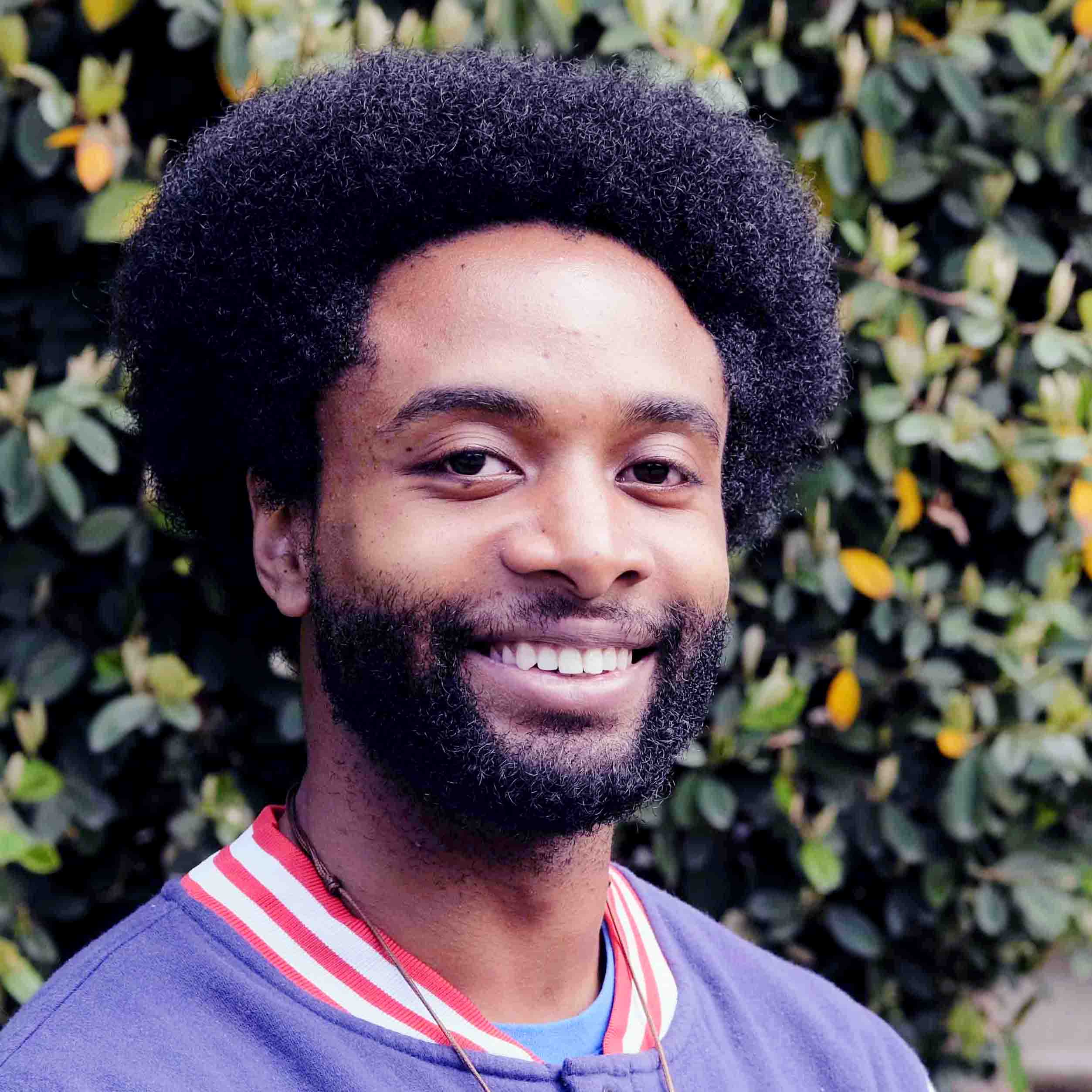
Kainen Bell
Kainen Bell is a Ph.D. student in Information Sciences at the University of Illinois at Urbana-Champaign. His research uncovers algorithmic biases and follows the work of digital rights activists and organizers of anti-surveillance campaigns in Brazil who protest facial recognition camera initiatives. Kainen’s goal is to learn how Afro-Brazilian communities collaborate to resist and prevent the abuse of surveillance technologies. He holds Bachelor’s degrees in social work and business administration from the University of Washington in Seattle, and a Master’s degree in social work from Columbia University in New York. Prior to his Ph.D., Kainen completed a Fulbright Research Fellowship in Brazil.
Khaoula Bengezi
Khaoula Bengezi is a Ph.D. candidate in the Department of Politics at York University, Toronto, Canada. Khaoula’s research utilizes a multi-scalar case study approach to examine how the privileging of global and elite sustainable development expertise and its socio-technical imaginaries of transforming North Africa’s desert landscape into a site of production has negative effects on local subsistence farmers and their generationally sustainable farming practices. She holds a B.A. (Hons) in Political Science and Peace Studies and an M.A. in Globalization and the Human Condition from McMaster University.
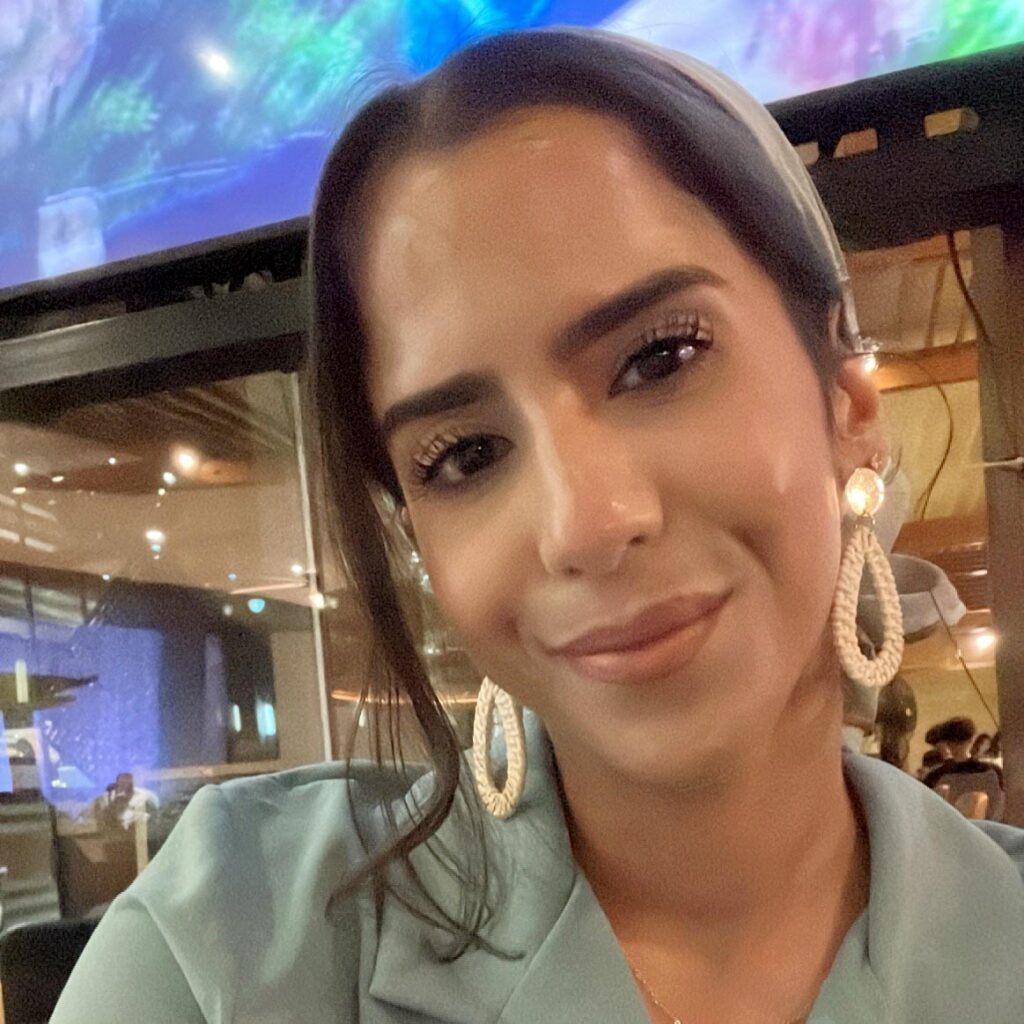

Anthony Glyn Burton
Anthony Glyn Burton is a Ph.D. candidate, Mellon SFU Data Fluencies Fellow, and SSHRC Joseph Bombardier Fellow in the Department of Communications at Simon Fraser University. Broadly speaking, his research examines how processes of making knowledge shape—and are shaped by—digital media. This concern spans his writing on science as an ideological tool in digital subcultures, the alt-right, and computing culture. His work has appeared in the Canadian Journal of Communication, First Monday, Social Media + Society, New Media and Society, and the International Journal of Communication, among others.
Anna Cain
Anna Cain is a doctoral researcher in the College of Engineering, Computer Science and Cybernetics at the Australian National University. Her research draws on feminist STS and decolonial theories to examine energy justice at the cultural interface of Indigenous – settler-state relations. In her Ph.D., she is undertaking a multi-sited, ethnography of electricity supply arrangements in remote Indigenous homelands communities in northern Australia. Prior to research, Anna worked in energy project development and community development in Australia and Asia Pacific.
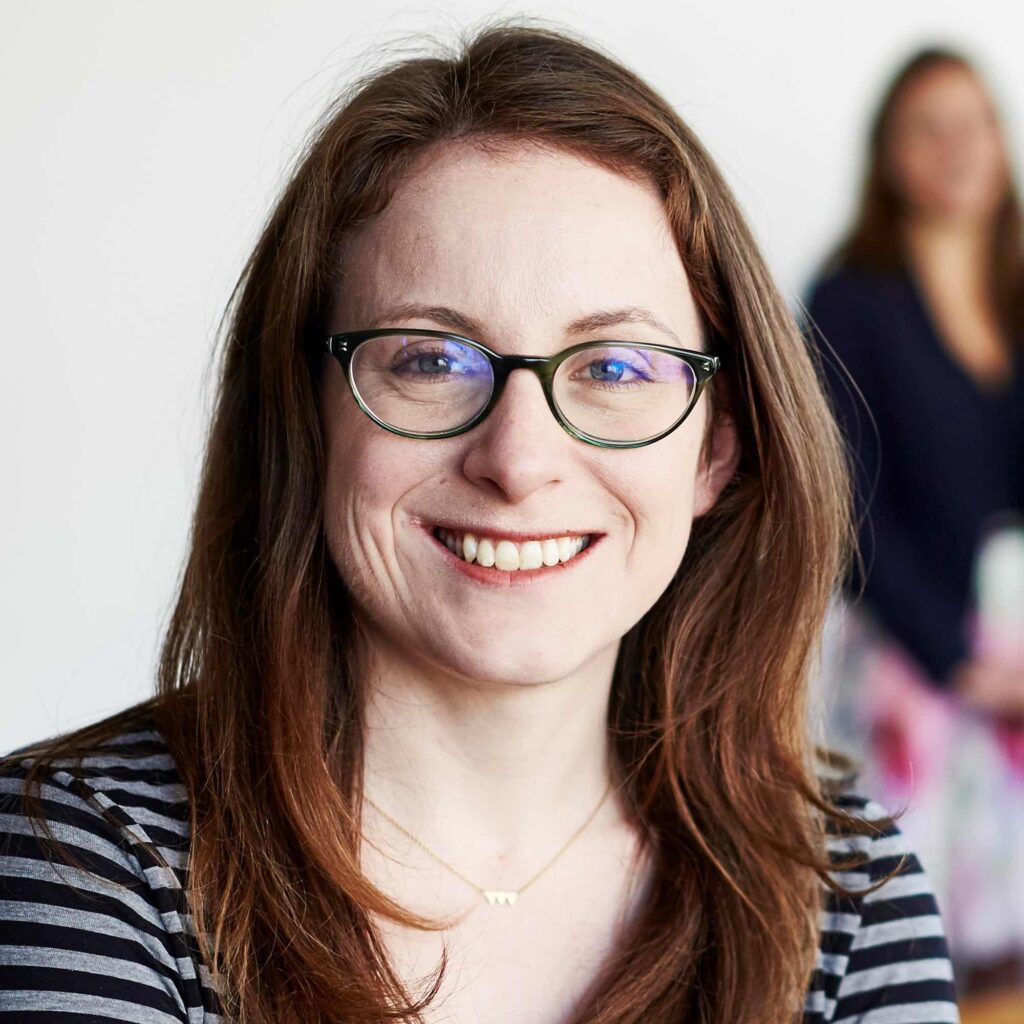
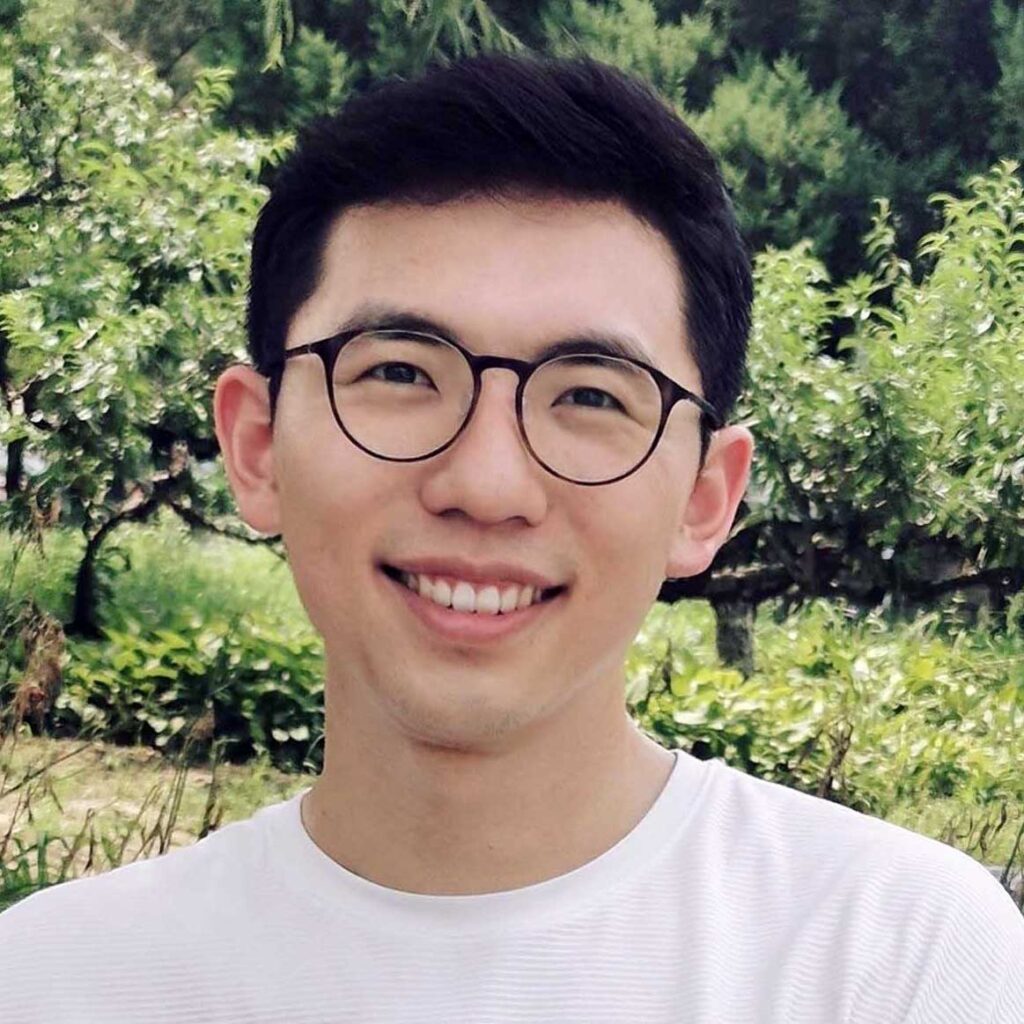
Chen Chu
Chen Chu is a Ph.D. student in the Department of Urban Studies and Planning at the Massachusetts Institute of Technology (MIT). Chen is interested in the tension between meritocracy and democracy within historical Asian agricultural systems. Through historical and sociological research, Chen aims to investigate how various political institutions governed during periods of unpredictable environmental changes, and the implications this holds for the pressing contemporary challenge of climate change. Chen has obtained degrees in architecture from MIT and McGill University.
Alanna Coombes
Alanna Coombes is a Ph.D. candidate in Urban Planning & Development at the University of Southern California. Her dissertation examines the history of transportation technology and uses it to reflect on the likely futures and consequences of autonomous vehicles. Alanna holds a B.A. in Politics; an M.S. in Public Policy & Public Administration from the LSE; and an M.S. in Urban Design & City Planning from UCL. Her background is in UK politics and policy, local government and public affairs. Before leaving for California she was the Place & Future City Officer for the City of London Corporation.

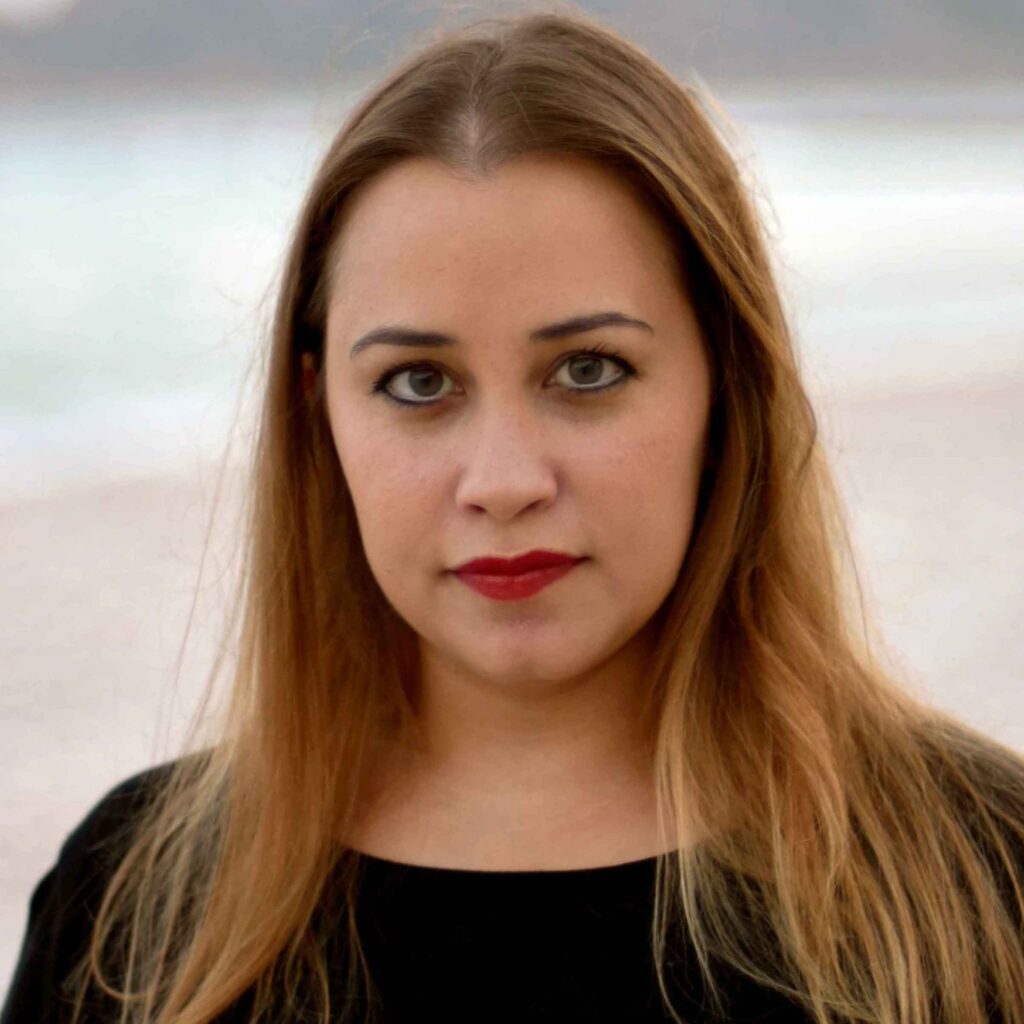
Elena Denia
Elena Denia is a Postdoctoral Fellow at the STS Program of the Massachusetts Institute of Technology (MIT), and a member of the MIT Museum (MITM). She is developing research on the social perception of Artificial Intelligence (AI), specifically, on public attitudes towards deepfake technology. Before, she started her career path in the field of Physics and moved on to Science Communication and Philosophy of Science. Since the development of her doctoral thesis she has been doing research in the area of Science, Technology & Society (STS) Studies. In addition, she regularly participates in science engagement activities, including scientific advice to politicians.
Rohan Grover
Rohan Grover is a Ph.D. student at the Annenberg School for Communication at the University of Southern California. His research focuses on how human-data relations are coproduced and (de)stabilized through technology policy and platform governance, drawing from critical data studies, critical policy studies, socio-legal analysis, and science and technology studies. Prior to returning to academia, Rohan worked as a product manager and data strategist in digital media and politics. He holds an M.A. in Media, Culture, and Communication from NYU and a BS in Economics from the University of Pennsylvania.
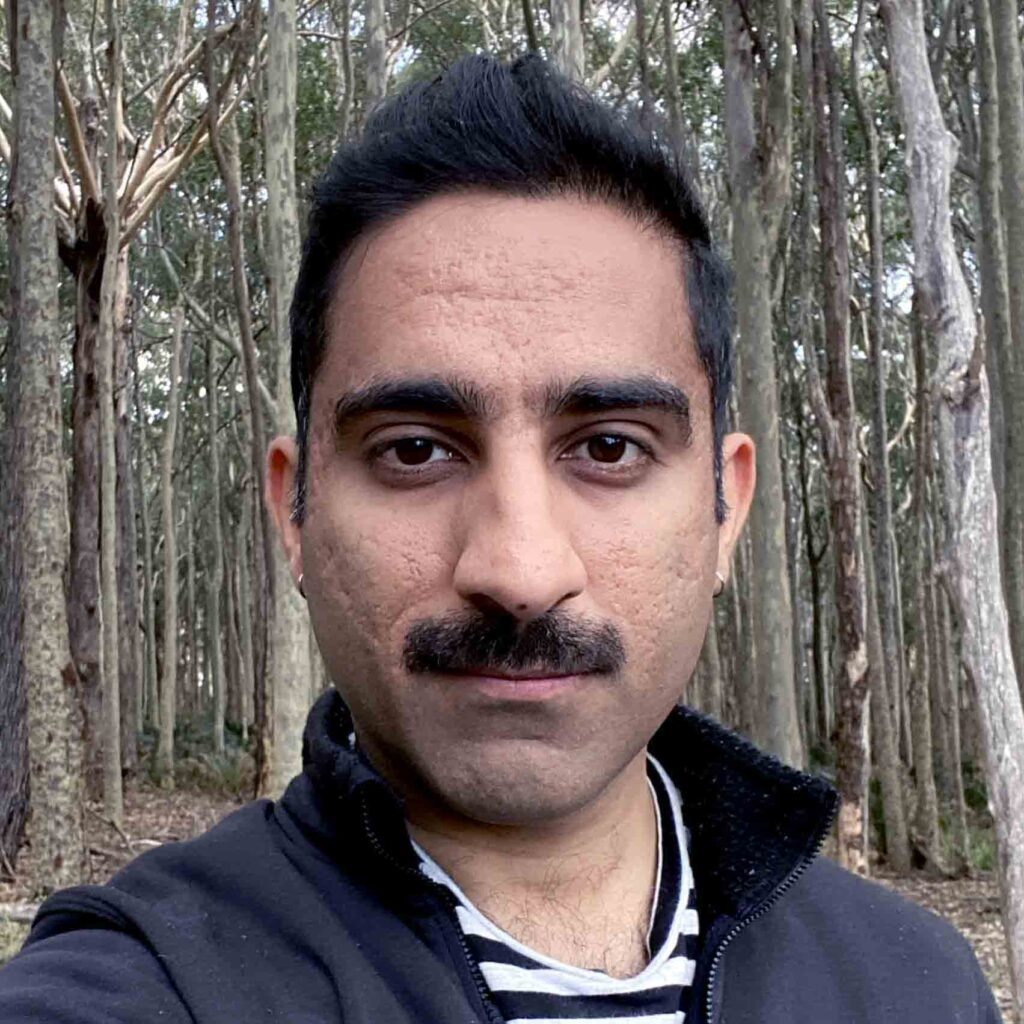

Nolan Harrington
Nolan Harrington is a product designer in the cyber security and artificial intelligence space. He recently completed his Master’s degree at Cornell University where he concentrated in user experience (UX) design and interactive technologies. The themes of this STS Summer School resonate with Nolan’s work as a design professional who regularly interfaces with civic technologies. His work reflects on the sociocultural elements of technology foregrounded by scholars such as Winner and Haraway, and how technology can unintentionally center or deter certain groups of people. Nolan hopes to bring his professional expertise into dialogue with STS scholars.
Su Huai
Su Huai is a Ph.D. candidate in the Science and Technology Studies program at York University. Her dissertation thesis focuses on 19th-century transnational history of Chinese and British science, particularly the topic of scientific translation. The specific historical figures that shewill examine are Yan Fu and John Fryer, who were both scientific translators in imperial China. She will analyze them within the social, political, economic and cultural context in which they worked. She holds a B.A. in Information and Communication Studies from University of New Brunswick and an MPA from Queen’s University.

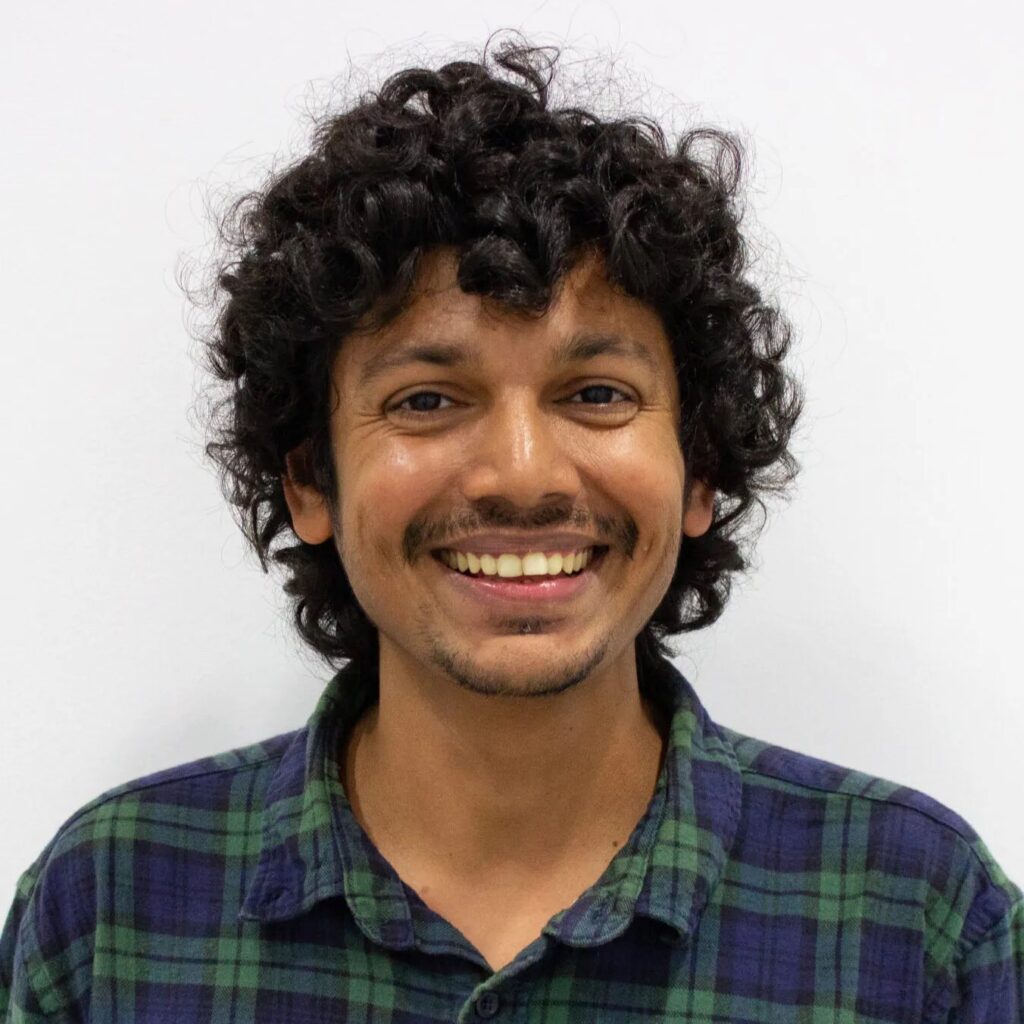
Ajmal Khan
Ajmal Khan is a postdoctoral fellow at the South Asia Institute, Harvard University. His research analyzes democratic and justice challenges in the context of state led development, environmental change, and anthropogenic climate change. His current project looks at ethical, justice and planetary governance concerns of doing geoengineering in an unequal world. He holds a Ph.D. in Development Studies from Tata Institute of Social Sciences, Mumbai, India.
Konstantinos Konstantis
Konstantinos Konstantis is a doctoral candidate in Science and Technology Studies at the Department of History and Philosophy of Science, School of Science, National and Kapodistrian University of Athens, working on a dissertation on the emergence of engineering ethics— focusing on AI ethics. Konstantinos was the 2022 Elizabeth & Emerson Pugh Young Scholar in Residence at the IEEE History Center and he also works as a researcher at the Erasmus+ Project ETHICS4CHALLENGES. He holds an Integrated Master in Electrical and Computer Engineering from National Technical University of Athens and an M.Sc. in Science and Technology Studies.


Sushant Kumar
Sushant Kumar is a Ph.D. Candidate in Public Policy at Northeastern University’s School of Public Policy and Urban Affairs, Boston. His doctoral research examines the emergence and persistence of the idea of the small family and two-child norms in Indian population policy making and the legitimization of these ideas through scientific knowledge-making. He has conducted archival analysis across India and the U.S and used semi-structured interviews with stakeholders to answer his dissertation questions. His work sits at the intersection of policy studies, political communication and STS to understand discursive contestations and formation of dominant ideas. He holds a B.Tech in Electrical Engineering and and an M.Tech in Information Communication Technology from IIT Delhi.
Haley Lepp
Haley Lepp is a Ph.D. student in the Stanford University Graduate School of Education. She studies how people build and use language technologies to learn, teach, and create expertise. She has a special interest in education technology use in high-adversity circumstances such as conflict, natural disasters, and displacement. Haley has worked in many roles in the education technology sector, including curriculum design, NLP engineering, and developer advocacy. She holds an M.S. in Computational Linguistics from the University of Washington and B.S. in Science, Technology, and International Affairs from Georgetown University.


Anna Lytvynova
Anna Lytvynova is pursuing her doctorate at ETH Zürich in the field of Science, Technology, and Society (STS). Her work centres on the ways in which human labor is developing alongside peer-to-peer financial technologies. She is currently focused on studying labor in the arts sector. She previously conducted research on long-term futures and speculative design at a think tank and worked in cultural and financial sectors in Canada and Switzerland. She holds a B.A. in Theatre & Drama from McGill University and an M.A. in Theatre & Performance from York University.
Sofie van der Maarel
Sofie van der Maarel is a Ph.D. candidate in the Department of Political Science at Radboud University, Nijmegen, The Netherlands and The Netherlands Defense Academy. Sofie’s ethnographic research focuses on imaginaries of technological innovation in military and police organizations, and how this impacts the lived experience of security practitioners. Grounded in STS, critical security studies, and anthropology, she studies the relations between morality, innovation, security, and future imaginaries. She holds a B.A. in Cultural Anthropology from the University of Amsterdam and a M.A. in Conflict Studies & Human Rights from the University of Utrecht, The Netherlands.


Amani Ponnaganti
Amani Ponnaganti is a graduate student in Geography at University of Wisconsin–Madison. Grounded in feminist, postcolonial, and critical race thinking, her scholarship examines how power, place, and identity relate to questions of law and development. Currently, she is interested in exploring the ways that empire and race shape environmental management in global cities, from a historical perspective. Her writing received awards from the American Association of Geographers (AAG) Cultural and Political Ecology Specialty Group and the AAG Political Geography Specialty Group. She holds a B.A. LLB (Honors) (JD equivalent) from the National Academy of Legal Studies and Research in India.
Anna Rathmair
Anna Rathmair has a Master’s degree in political science and is writing her Master’s thesis at the STS department of the University of Vienna. She has years of experience in the field of media (research) and political communication and spent seven years researching and teaching in the field of risk and security management. She currently works for the Legal, Legislative and Research Services of the Austrian Parliament. Her research interests lie mainly in the knowledge landscapes of critical infrastructures and how knowledge travels within them.
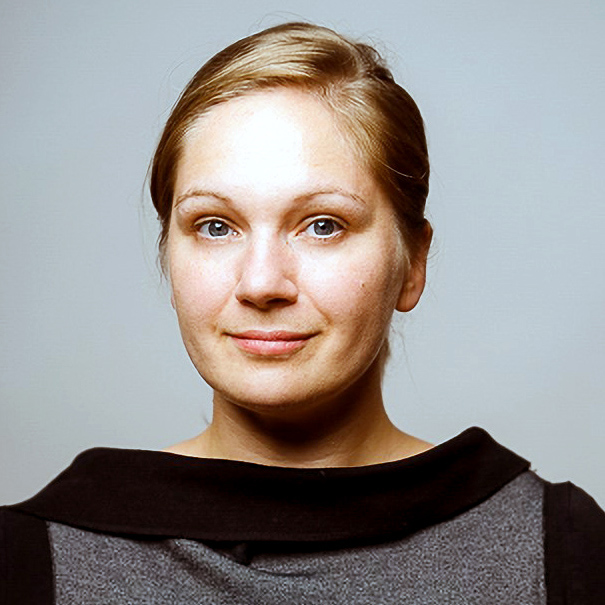

Théo Régniez
Théo Régniez is a Ph.D. candidate in sociology at Paris-Dauphine University. His dissertation explores the role of macroeconomic forecasters in constructing « imagined futures » and justifications for economic policies, especially in times of crisis. At the crossroads of the sociology of science and technology, and the sociology of communication, his work is part of a political sociology of expertise that proposes to study not only the production of scientific knowledge, but also its circulation outside academic and expert fields and what these media and political uses do in return on the activity of researchers.
Carole-Anne Tisserand
Carole-Anne Tisserand is a Ph.D. candidate in Science and Technology Studies at the Centre de Sociologie de l’Innovation within the École des Mines (Paris, France). Her work deals with the transformation of public figures and public involvement through innovation processes. More specifically, she is currently working on the “Smart Region” program in the Paris Region. Through an immersive field study conducted with the regional council, her research investigates the council’s efforts to establish “co-construction”, a mode of participation that embraces innovation and aims to align the goals of both public and private sectors.
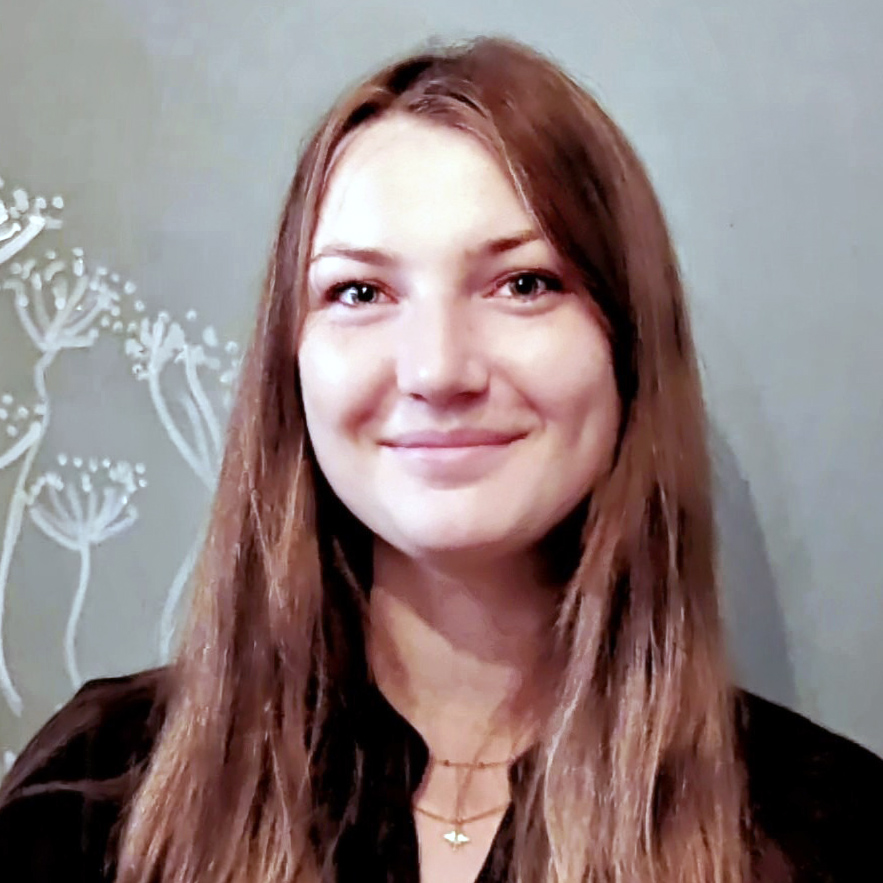

Thomas Walli
Thomas Walli is Senior Scientist at the Department of Political Science, University of Innsbruck, Austria. His interests include the interrelations of science, technology and society (so far mainly of expertise and democracy, and of science and the public sphere), European politics, Italian politics, and political philosophy. In his upcoming research project, he would like to contribute to the philosophy of technology and examine science- and technology-driven transhumanism in light of German philosopher Günther Anders. He understands science as a mission to reach out to the public. Therefore, he is also concerned with science communication and civic education in practice.
Blaine Western
Blaine Western (Aotearoa/New Zealand) is a researcher, curator and software engineer. His work explores the politics of environmental management and imbrication of agricultural science and industry within postcolonial geographies. Blaine received a Fulbright Graduate Award in 2021 to pursue a Master of Design Studies in Urbanism, Landscape, and Ecology at Harvard Graduate School of Design. He has a background in exhibition making, both as an artist and curator, and is interested in exhibition making as an avenue for exploring how industrial, social and environmental ecologies can be made legible across publics, design as a method to make the complex comprehensible and software as a means of enhancing the way we engage with the world and one another. Blaine completed his thesis in May, which explored the socio-technical history of agronomy within British colonization of the Pacific throughout the 19th century.
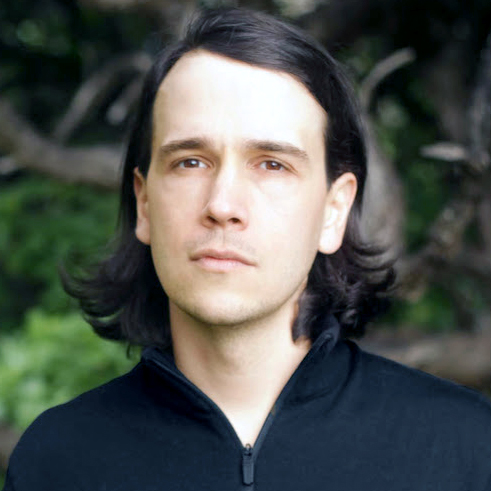
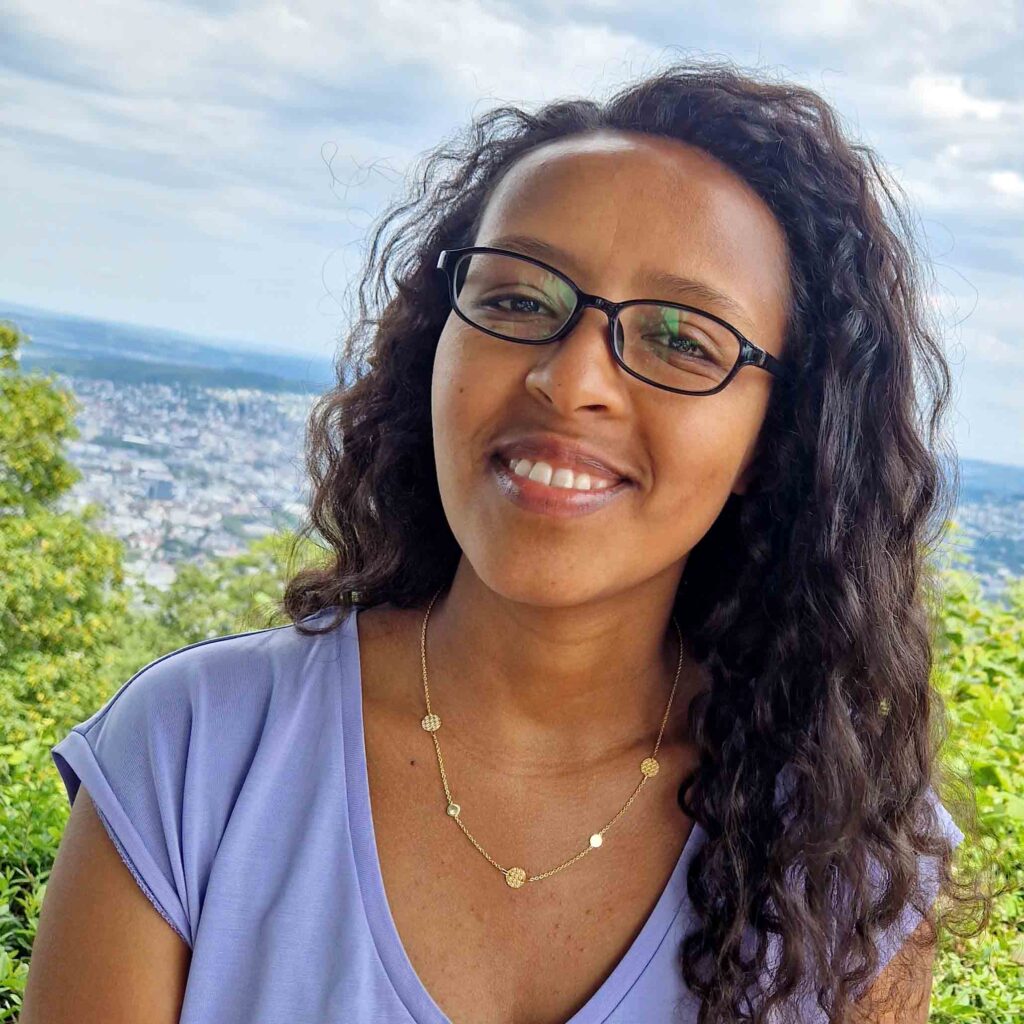
Kebene Wodajo
Kebene Wodajo is a senior research fellow (postdoc) and lecturer at the Institute for Business Ethics, University of St.Gallen, Switzerland. Her research and teachings focus on the question of justice (with a particular focus on structural injustice) and responsibility in digital society. Her methodological approach draws on and inspired by interdisciplinary perspectives: critical legal studies, business and human rights (BHR), law and technology, Afro-communitarian philosophy and STS.
What I really liked with the Summer School is the possibility of meeting people coming from all around the world and who are also passionate about STS. It has helped me to understand who I really was in that big STS family by learning other ways of doing STS in different countries through specific concepts, methodologies or topics.
– Antoine, 2022 Participant


